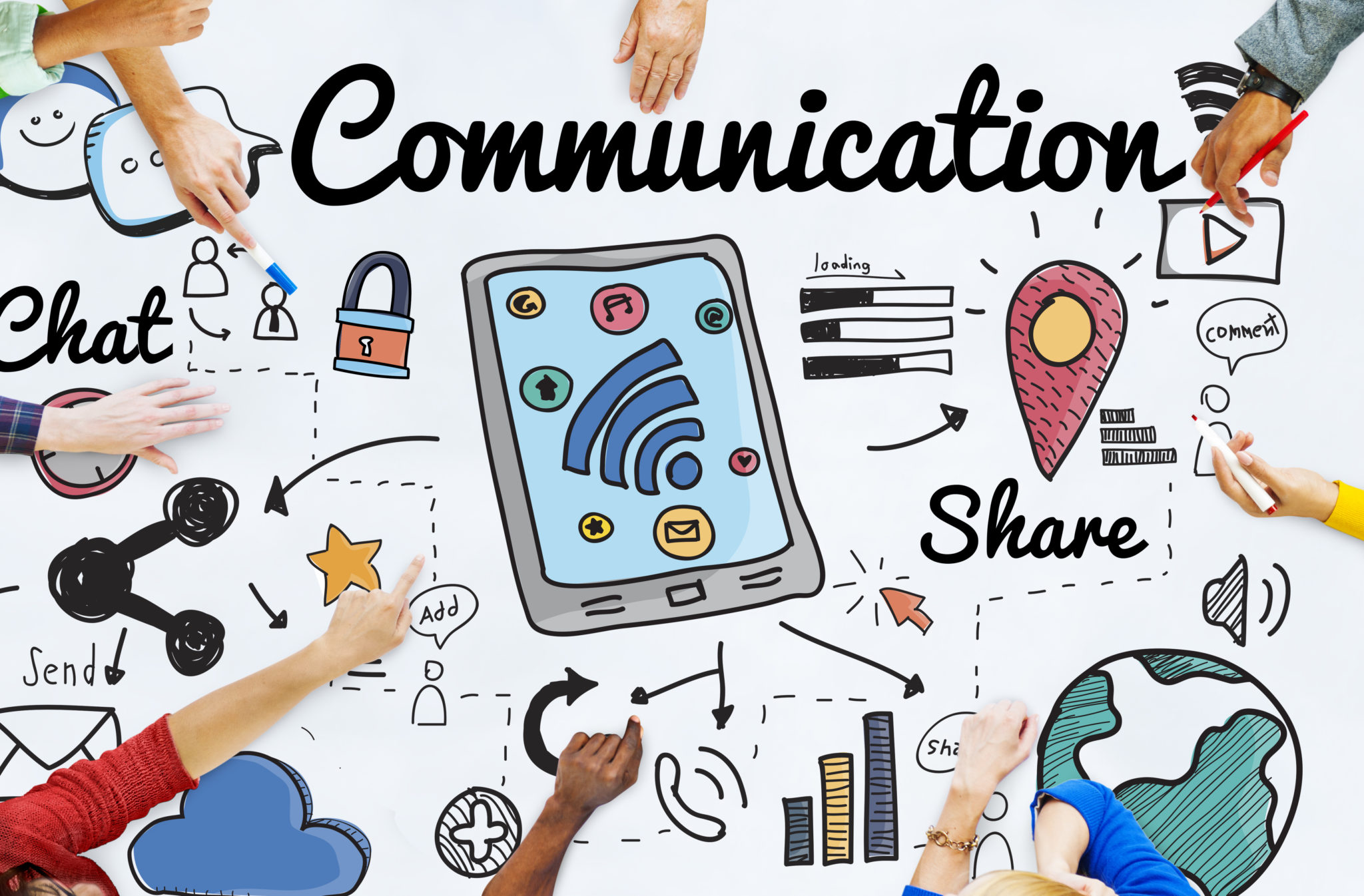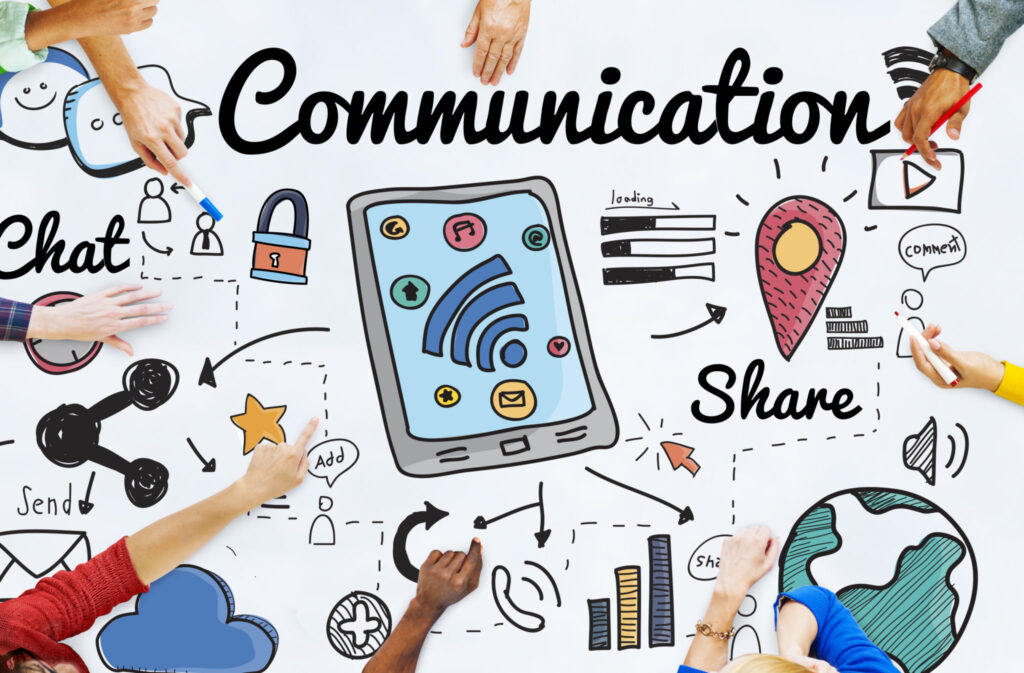Ever felt that knot in your stomach when you had to speak up? That moment when your brilliant idea stayed trapped in your head because the words just wouldn’t come out right? Or perhaps you’ve walked away from a conversation feeling misunderstood, wishing you could rewind and try again?
Yeah, that used to be me. For years, I navigated life feeling like I was playing a game of charades, but with invisible words. My thoughts were clear as day in my head, but somehow, they’d get tangled on the way to my tongue. This wasn’t just about public speaking – though that was a whole other beast of anxiety for me. It was about everyday interactions: struggling to explain a project at work, fumbling through small talk at social gatherings, or even just expressing my feelings to loved ones without it turning into a misunderstanding.
Then, one particularly awkward team meeting where my perfectly good suggestion got completely overlooked (because someone else articulated a similar point far more confidently), something clicked. I was tired of being the quiet observer, the one whose potential was hidden behind a curtain of inadequate words. That’s when I stumbled upon the idea of a Communication Skills Course. And let me tell you, it wasn’t just a course; it was an adventure that completely reshaped how I interact with the world.
The Big Leap: Why I Signed Up (and You Might Too!)
My reasons for enrolling were pretty simple, and I bet they’ll resonate with many of you:
- Presentations were a nightmare: My palms would sweat, my voice would tremble, and my mind would go blank. I avoided them like the plague.
- Small talk felt like climbing Everest: Meeting new people was agonizing. I’d run out of things to say or say the wrong thing entirely.
- Feeling unheard: My ideas, no matter how good, often got lost in group discussions.
- Misunderstandings were common: I’d try to explain something, only for it to be misinterpreted, leading to frustration for everyone.
- Boosting my career: I knew that to move forward, I needed to be able to articulate my value and collaborate effectively.
- Building better relationships: I wanted to connect more deeply with friends and family, to express my care and concerns clearly.
I was skeptical at first. Could a course really change something so fundamental about me? But the promise of gaining clarity, confidence, and connection was too tempting to ignore.
Stepping Inside: What the Course Felt Like
Walking into that first session, I was a bundle of nerves. I expected a dry, lecture-heavy environment. What I found was a welcoming space, filled with people just like me – a little apprehensive, but eager to learn. Our instructor, a warm and engaging person, immediately put us at ease. They didn’t just talk at us; they guided us through a series of practical exercises, role-playing scenarios, and group discussions.
It wasn’t about memorizing rules; it was about understanding the art and science of human connection. We learned by doing, by making mistakes, and by getting constructive feedback in a supportive setting. It felt less like a classroom and more like a safe laboratory for human interaction.
The Core Pillars: What I Learned (and Practiced!)
The course covered a wide range of topics, but a few key areas truly stood out and transformed my approach:
1. The Magic of Active Listening
Before the course, I thought listening meant waiting for my turn to speak. Boy, was I wrong! We learned that active listening is a skill, not a passive act. It involves:
- Paying full attention: Not just to the words, but to body language, tone, and underlying emotions.
- Asking clarifying questions: "So, what I hear you saying is…" or "Could you elaborate on that?" This showed I was engaged and helped prevent misunderstandings.
- Summarizing and reflecting: Repeating back what I understood, ensuring both parties were on the same page.
This skill alone changed my relationships. People felt truly heard by me, and I started understanding their perspectives in a much deeper way.
2. Clarity and Conciseness: Getting to the Point
My old habit was to ramble, hoping I’d eventually hit the mark. The course taught me to structure my thoughts, to identify my main point, and to deliver it clearly and briefly. We practiced:
- "The Elevator Pitch": Explaining a concept in 30-60 seconds.
- Using simple language: Ditching jargon and overly complex sentences.
- Organizing ideas: Using frameworks like "Problem-Solution-Benefit" or "Tell them what you’re going to tell them, tell them, then tell them what you told them."
No more rambling! I learned that less is often more, and that a clear message has a far greater impact.
3. Body Language & Non-Verbal Cues: The Unspoken Message
It’s amazing how much we communicate without saying a word. We explored:
- Eye contact: How to maintain it naturally without staring.
- Posture: Standing tall and open, projecting confidence.
- Gestures: Using hands to emphasize points, but not distract.
- Facial expressions: Ensuring my face matched my message.
Understanding these non-verbal signals, both mine and others’, added a whole new layer to my communication. I learned to read a room better and to make sure my body was sending the same message as my words.
4. Confidence and Assertiveness: Finding My Voice
This was huge for me. I often confused assertiveness with aggression. The course taught me that being assertive means:
- Expressing my needs and opinions respectfully.
- Setting boundaries clearly.
- Saying "no" when appropriate without guilt.
- Believing in the value of my own voice.
It wasn’t about being loud or dominating; it was about being clear, respectful, and firm in my self-expression.
5. Conflict Resolution: Turning Debates into Dialogues
Disagreements used to scare me. I’d either avoid them or get defensive. The course introduced strategies for navigating conflict constructively:
- Focusing on the issue, not the person.
- Using "I" statements: "I feel X when Y happens," instead of "You always do Z."
- Looking for common ground and solutions.
- Staying calm and managing emotions.
This skill was a game-changer for both my professional and personal life, helping me turn potentially explosive situations into productive discussions.
6. Public Speaking: From Fear to (Almost) Fun!
Yes, even public speaking became manageable. We started small, practicing in front of the group, receiving gentle feedback. We learned about:
- Structuring a presentation.
- Engaging the audience.
- Managing nerves through breathing techniques.
- Using visual aids effectively.
By the end, I wasn’t just able to give a presentation; I was actually looking forward to the chance to share my ideas clearly and confidently. The knot in my stomach was replaced by a sense of excitement.
Real-World Wins: How It Changed My Life
The impact of that communication skills course wasn’t confined to the classroom. It spilled over into every aspect of my life:
- At Work: I started volunteering for presentations, my ideas were heard and valued in meetings, and I collaborated much more smoothly with colleagues. My career prospects genuinely brightened.
- In My Relationships: My conversations with friends and family felt deeper and more meaningful. Misunderstandings became less frequent, and when they did arise, I had the tools to address them calmly.
- Socially: Small talk no longer felt like torture. I could initiate conversations, listen genuinely, and express myself without overthinking every word. I felt more connected and less isolated.
- Within Myself: The biggest change was internal. I felt a profound increase in self-confidence. The anxiety I used to carry about speaking up began to fade. I felt more in control, more authentic, and genuinely happier.
Is a Communication Skills Course Right for You?
If any part of my story resonated with you, then yes, absolutely consider it. A communication skills course is an investment in yourself that pays dividends in every area of your life.
When looking for a course, consider:
- Practicality: Does it offer hands-on practice, role-playing, and real-time feedback?
- Instructor’s style: Look for someone engaging and supportive.
- Class size: Smaller groups often mean more personalized attention.
- Your specific goals: Are you focused on public speaking, interpersonal skills, or a bit of everything?
- Reviews and testimonials: See what others have gained from the experience.
My Final Thoughts: Just Start Talking
My journey through that communication skills course was one of the best decisions I ever made. It didn’t turn me into a silver-tongued orator overnight, but it gave me the tools, the confidence, and the understanding to navigate the complex world of human interaction with grace and effectiveness.
So, if you’re tired of feeling unheard, misunderstood, or held back by your communication, take that leap. Find a course, embrace the learning, and start your own adventure. The world is waiting to hear what you have to say. And trust me, once you find your voice, you’ll wonder how you ever lived without it.



